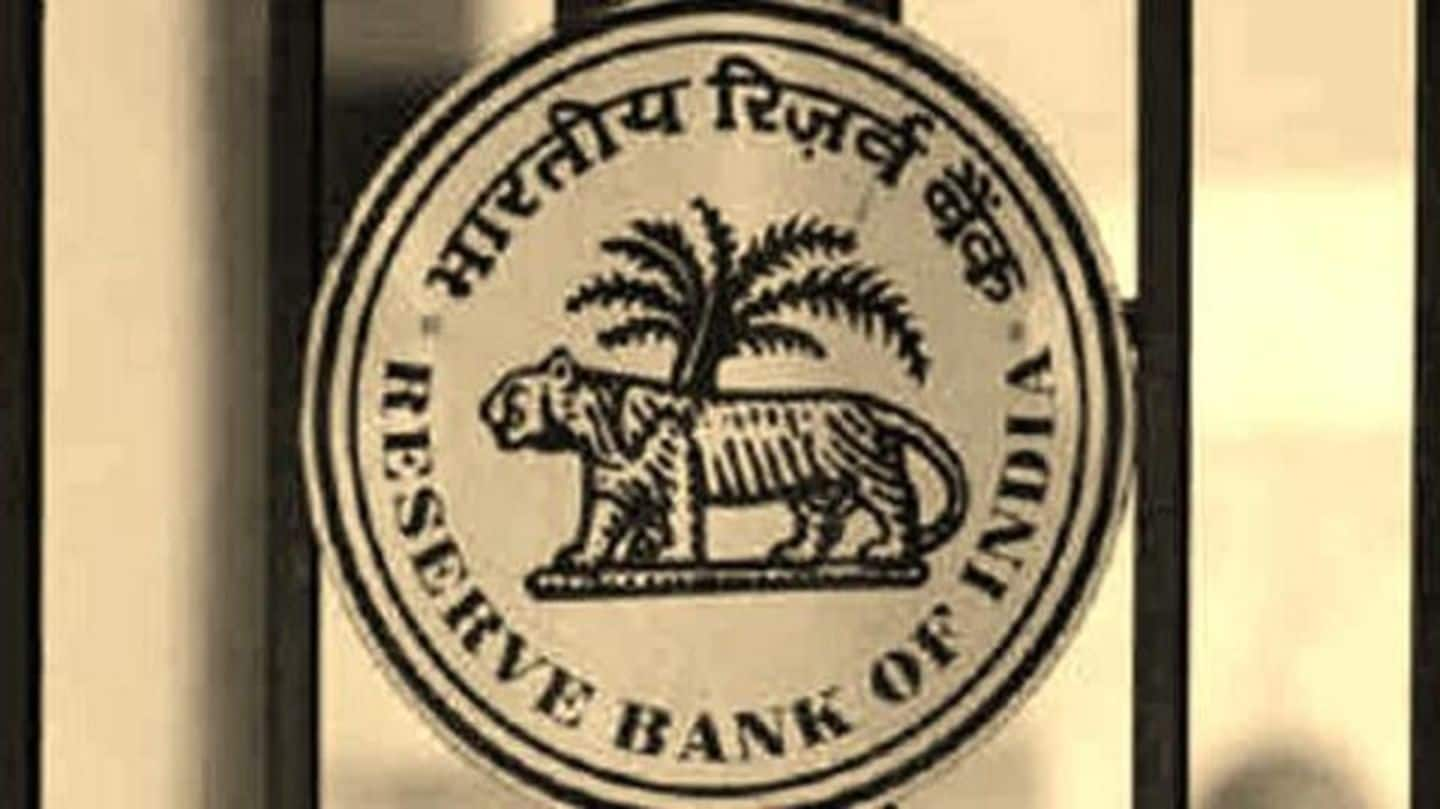
Soon, transfer money from Paytm to MobiKwik and other wallets!
What's the story
The Reserve Bank of India (RBI) has issued guidelines regarding interoperability of prepaid payment instruments (PPIs). Once the move is implemented, they will be able to conduct transactions with each other.
Thus, after six months, you will be able to transfer money from your Paytm wallet to MobiKwik to FreeCharge or to any bank.
How will this be possible? Read on!
Wallets
What are closed, semi-closed and open wallets?
There are three types of wallets: open wallets (issued only in association with banks) allow one to buy goods and services and withdraw/transfer funds, like Vodafone and ICICI's M-Pesa.
Closed wallets allow consumers to buy goods and services exclusively from the provider, like Flipkart and Jabong.
Semi-closed wallets like Paytm allow one to buy goods and services from listed merchants and specific service locations.
Information
How does the RBI plan to start the process?
Banks and companies will ensure KYC-compliant PPIs' interoperability through the Unified Payments Interface (UPI) within six months in the first phase. UPI, payments system launched by National Payments Corporation of India (NPCI) in August'16, facilitates fund transfer between bank accounts, without the beneficiary's bank details.
Companies
What do companies need to qualify as wallet operators?
The RBI has stipulated guidelines for wallet operators. Those seeking a license need a minimum positive net worth of Rs. 5cr for three years and after that of Rs. 15cr.
Existing operators need to maintain a net worth of Rs. 15cr by March 31, 2020.
Minimum net worth has been raised to Rs. 25cr: earlier, Rs. 5cr paid-up capital and Rs. 1cr net worth was necessary.
Cap
Will your current transaction limit be affected?
To promote transactions, RBI's directive also reduced the limit of semi-closed PPIs from Rs. 20,000 to Rs. 10,000 per month.
PPIs should be reloadable, i.e. money can be refilled many times, and in an electronic format.
The amount loaded in such PPIs can't exceed Rs. 10,000 per month and the total amount can't exceed Rs. 1,00,000 per year.
Do you know?
What will the subsequent phases entail?
The RBI stated "In subsequent phases, interoperability shall be enabled between wallets and bank accounts through UPI. Similarly, interoperability for PPIs issued in the form of cards shall also be enabled in due course." Further, customers have 12 months to convert wallets into KYC wallets.
Revolutionary
How will this move help customers and players?
This is a commendable step as it allows PPIs to compete in the retail market. Earlier, merchants had to put quick response (QR) codes of different wallets to accept payments. Now, one wallet's QR code is required and money can be transferred between wallets.
Further, this will promote fair competition between different PPI providers as it eliminates high spending for getting merchants on board.